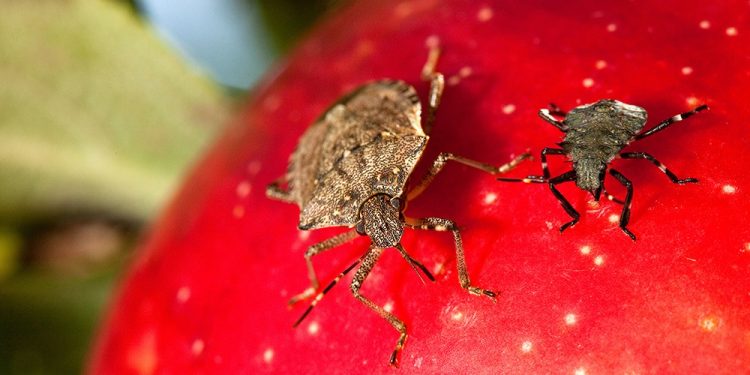
National Invasive Species Awareness Week
National Invasive Species Awareness Week, also known as NISAW, occurs on the last Monday in February and attempts to raise the public’s awareness about the harm done by invasive species of flora and fauna. An invasive species is any non-native plant or animal in an ecosystem that causes damage to that ecosystem, the economy, or human health.
By observing this week, people can help raise the public profile of known invasive species in their area and can help protect native species from these pests. It’s one of the best ways that people can help protect the environment and ensure that native species of plants and animals not only survive but also thrive.
The History of National Invasive Species Awareness Week
This observance week was originally created in 2010 by a coalition of different groups. Some of the groups involved in this alliance included the Entomological Society of America, the Weed Science Society of America, the National Network of Invasive Plant Species, Dow AgroSciences, and Monsanto.
Even though this week was widely celebrated when it was first introduced, more and more people are seeing the destructive behavior of invasive species and are standing up for native species by observing it annually.
Some Facts About Invasive Species
We wanted to present some facts about invasive species to go along with National Invasive Species Awareness Week, so we took the time to do some research. The following bullet points are what we uncovered about invasive species that we would like to now share with the world.
- Some invasive species include the Brown Marmorated Stink Bug, Invasive Carp, and Zebra Mussels.
- People can clean their boats, fishing gear, and boots to help stop the spread of some invasive species.
- Feral pigs are extremely destructive and will eat just about anything, including native plants and birds.
Observing National Invasive Species Awareness Week
Officially, this week is celebrated with congressional briefings, webinars, individual meetings with elected officials and organizations, local events, and social media using the hashtag #NISAW.
Of course, those aren’t the only ways this week can be celebrated. Private citizens can take time out of their busy schedules to raise the public’s awareness about invasive species, donate to the cause of eliminating invasive species, or simply by removing an invasive plant species from their property.








